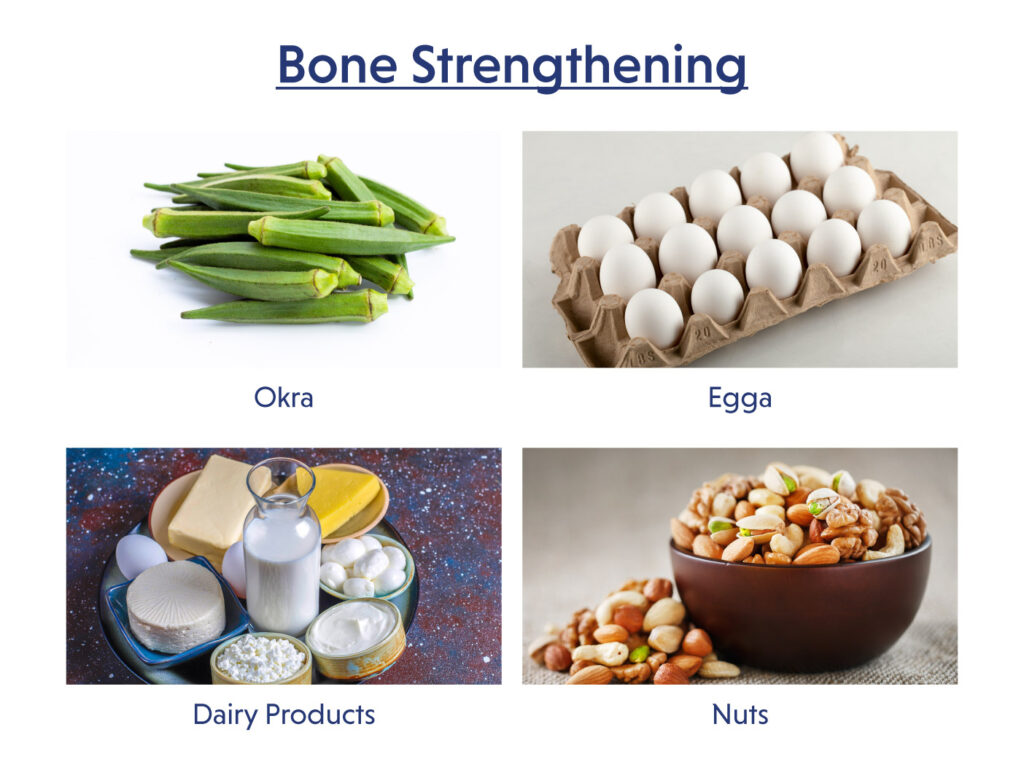Whether we want it or not, stress is a normal part of life. Stressful situations can include arguments with your partner or friends, financial pressure at home or work, or family issues affecting you, to name a few. With stress as a part of everyday life, we have become accustomed to dealing with the most common kinds of stress. However, this doesn’t mean there aren’t healthy ways to manage stress and balance emotions and thoughts when you feel triggered. Stressful situations come in all shapes and sizes. People react differently to different stresses at different times in their life. There are multiple factors involved in how someone reacts to stress and what long-term effects it might have on them. The following article outlines practical strategies to balance emotions and thoughts during Stressful Times. To learn more about finding balance in your life, please download Joyscore.
Balance Emotions and Thoughts During Stressful Times By Making Habits
People with certain daily habits are less likely to feel stressed out. These habits can be either positive or negative, but having one or two that you stick to can be highly beneficial. Commit to trying something new and see if it helps you feel less stressed. There are many other ways that can help you keep your stress level down. Examples include exercising, meditating, journaling, and cleaning up your diet. You can also incorporate more hobbies into your schedule, such as drawing, painting, reading, yoga, or music. Creating new habits can be difficult at first, but once you get used to it, then it’s easy to maintain.
Breathe

The best way to combat stress and panic is to practice breathing exercises. These can be done anywhere at any time but are especially useful when you are very stressed out. Breathing exercises can be as simple as slowly breathing in and exhaling out. You can also try breathing exercises that focus on particular parts of your body. For example, try breathing in slowly through your feet and out through your head or upper abdomen, followed by breathing out through your lower abdomen. When you are stressed about anything, focus on breathing slowly and deeply. It’s very effective.
Talk Things Over with Someone You Trust
It is easy to get lost in your head’s negative thoughts and feelings when stressed. Doing so can cause you to overreact, overspend, or overdo things. Try talking things over with someone you trust. It can be anyone, like a friend, family member, therapist, teacher, or any other person you trust. If you are around people you trust and feel at ease talking to them, they can help you control your emotions during stress. Talk to them about how you feel stressed out and ask them how they see things. You may find that others see things in a different light than you do. Try to be open to other viewpoints and ideas and stay as objective as possible when you feel stressed out.
Be Curious About Your Body’s Signs and Symptoms
There are many signs and symptoms that can indicate stress in your body. These signs include a racing heart, a dry mouth, tense muscles, headaches, and more. Keep a careful eye on what your body is doing regarding signs and symptoms while under stress. If you notice a change in your body that you do not like, try to address it as soon as possible. If your muscles are tense and you notice that they are not relaxed, address this by stretching and relaxing them.
Help Others When You Can
If you can, try to help others. Whether volunteering your time or donating money to a cause you believe in, helping others can help you balance emotions and thoughts in your head. Helping others can help you to stay focused and on track. It can also help you to relieve stress that you may have been experiencing. There are other ways to help and control your emotions during stress too. You can volunteer at a local organization, donate items to charity, or help a friend who is in need.
Use Your Creative Side
Try using one or more of your creative outlets when you feel stressed. This can include drawing, painting, journaling, and or any other creative activities that you love to do. Use these outlets to help you to calm down, relax, and be more present.
Self Space: Do What Works For You
Everyone has different interests, likes, and dislikes. Try to figure out what you like. When your emotions are down, do the things you like. Some people watch a movie to change their mood and boost their emotions, while others listen to music. Each to its own. Next time you are stressed, remember your likes and dislikes and figure out what works for you.
The objective of distancing yourself from intense feelings is to ensure you are reasonably handling them. If you physically distance yourself from an aggravating circumstance, you may also create mental distance. You don’t want to block or block feelings entirely; instead, you’d prefer to distract yourself until you’re in a better position to deal with them. It is not damaging to distract yourself, but you ought to return to your feelings once they are once more suitable. Healthy diversions are only temporary. You may take a stroll, watch a funny video, talk to a dear one, or spend a few minutes with your pet, for example.
Try exercising and meditation every day.

You may use meditation as a method to balance emotions and thoughts. When you meditate, you are teaching yourself to sit with your feelings and notice them without condemning yourself or seeking to change them or eliminate them. With meditation, you increase your awareness of all feelings and experiences. It also provides other advantages like reducing stress and improving sleep.
ConclusionStressful moments in life are not meant to be avoided. However, it is essential to remember that they are only temporary and that there are ways to manage them during hard times. Using the strategies outlined in this article, you can balance emotions and thoughts during stressful moments and avoid making bad decisions.
Download now and get tips on managing stress.
Download on the Appstore
Get it on Google Play









